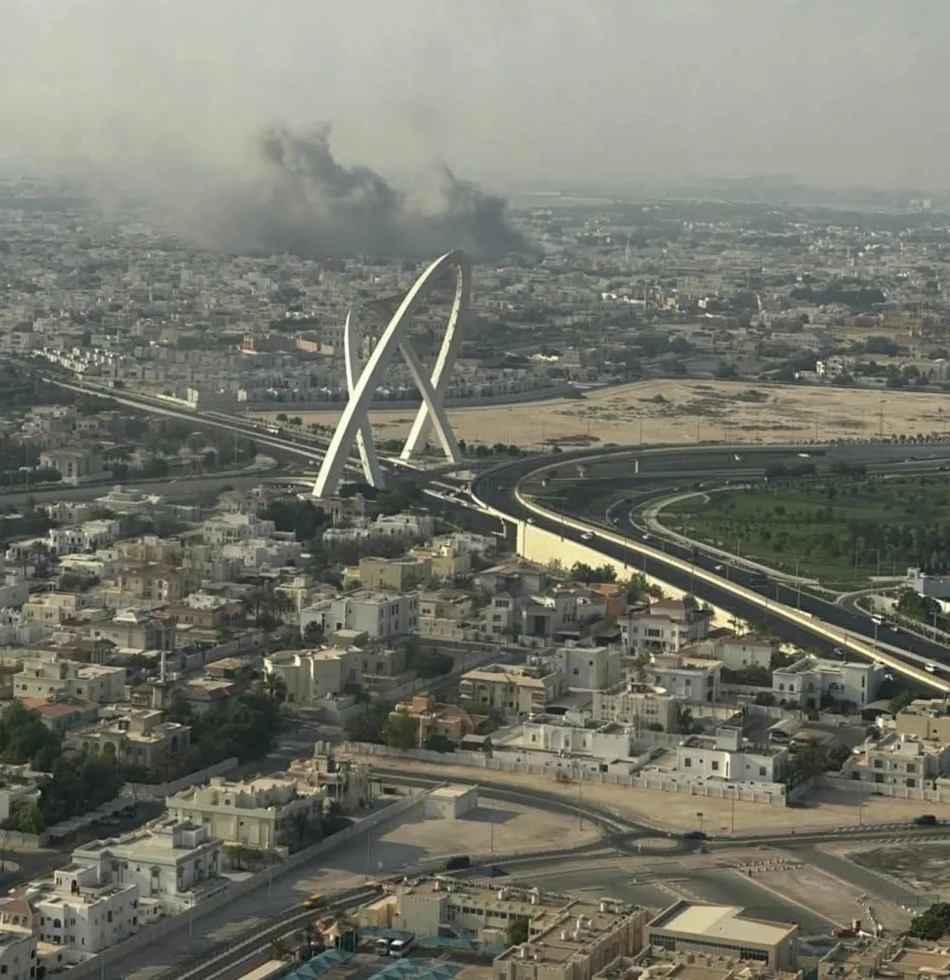
Qatar Mourns Security Officer Killed, Others Wounded in Israeli Attack
Qatar Security Officer Killed in Israeli Strike Targeting Hamas Leaders, Escalating Diplomatic Crisis
Qatar's Interior Ministry confirmed that one of its security personnel was killed during an Israeli airstrike targeting Hamas leaders in Doha on Tuesday, marking a significant escalation that directly involves Qatari state forces in the Gaza conflict's expanding regional dimensions. The death of Officer Badr Saad Mohammed al-Hamidi al-Dosari, along with several other security personnel injuries, transforms what might have been viewed as an isolated targeting operation into a direct attack on Qatari sovereignty.
The Strategic Implications of Qatari Casualties
The killing of a Qatari security officer fundamentally alters the diplomatic calculus surrounding Israel's operations against Hamas leadership abroad. Unlike previous strikes in Lebanon or Syria, this incident directly involves the military personnel of a US ally and major regional power that has served as a crucial mediator in Gaza ceasefire negotiations.
Qatar's role as a mediator between Hamas and Israel has been central to multiple ceasefire attempts throughout the current conflict. The Gulf state has hosted Hamas's political leadership for over a decade, viewing this arrangement as part of its broader strategy to maintain influence across regional conflicts while balancing relationships with both Washington and Tehran.
Regional Precedents and Escalation Patterns
This incident follows a familiar pattern of Israeli operations expanding beyond Gaza's borders, but with unprecedented consequences. Previous strikes against Hamas and Hezbollah leaders in Lebanon, Syria, and Iran have typically avoided direct confrontation with the security forces of Gulf allies. The UAE and Bahrain, despite normalizing relations with Israel through the Abraham Accords, have not faced similar situations due to their different approaches to hosting Palestinian leadership.
The timing proves particularly sensitive as Qatar has been under increasing US pressure to reconsider its hosting arrangements for Hamas leaders, with some American officials questioning whether Doha's mediation efforts justify providing sanctuary to the organization's political wing.
Economic and Diplomatic Ramifications
For Qatar's leadership, this incident presents a complex challenge to its carefully calibrated foreign policy. The emirate has invested heavily in positioning itself as an indispensable mediator, leveraging its relationships with various regional actors to maintain outsized influence despite its small size. The death of its security personnel could force Qatar to choose between maintaining its mediation role or responding more forcefully to what it may characterize as a violation of its sovereignty.
From Israel's perspective, the operation likely aimed to degrade Hamas's external leadership capabilities, but the unintended consequences of killing Qatari personnel could complicate its broader regional strategy. Israel has generally sought to avoid direct confrontation with Gulf states, particularly those maintaining diplomatic or business relationships with Israeli entities.
Broader Regional Security Architecture
This development occurs against the backdrop of shifting regional alignments, where traditional Gulf solidarity has been tested by differing approaches to Iran, normalization with Israel, and relationships with Palestinian factions. Qatar's unique position—maintaining ties with both Hamas and serving as host to the largest US military base in the region—exemplifies these complex dynamics.
The incident may also influence other regional capitals' calculations about hosting controversial political movements or leaders. The message that even well-protected figures in friendly capitals remain vulnerable could reshape how regional states approach such arrangements, potentially affecting everything from Taliban representation in Doha to various opposition groups across the Gulf.
Most Viewed News

 Sara Khaled
Sara Khaled






